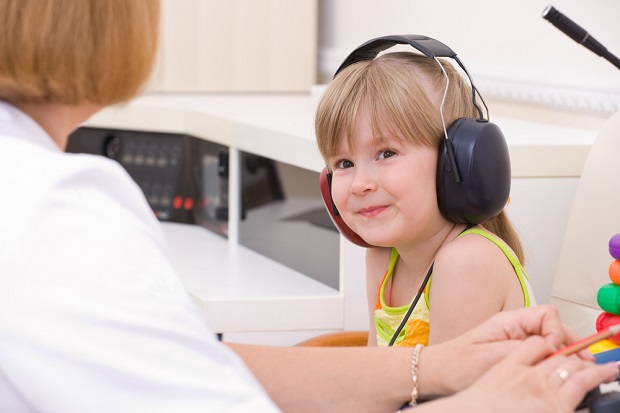You must have heard parents complain that their children are slow in registering whatever is spoken. It is like anything that they hear goes in from one ear and comes out of the other. This is a medical condition known as ‘auditory processing disorder’ or the ‘APD’. In simpler words, children with APD condition find it difficult to process the information that they hear. They have to constantly rehearse what is been said or else they will forget within 2 or 3 seconds. Auditory training is an alternative therapy that helps the kids in processing all the things that they hear.
 |
| Auditory Processing Disorder |
What Is Auditory Training?
Auditory therapy is popularly known as ‘brain training’ or ‘auditory integration training’. French doctor Guy Berard realized that the difficulty in processing the sounds or anything that is said arises from under-sensitivity as well as over-sensitivity to vibrations in general or due to definite variations in the sound produced. This often interferes with the learning and growth of a child. Hence, the children are unable to remember the speech sounds. In order to improve the memory and help the child excel, there are certain games and activities designed in the training program.
Is Auditory Training Helpful?
Yes, to an extent the auditory integration training has been helpful. It depends on who guides the children and help them practice. Also, how intensive the course is drafted for the children determines how it is going to help the child. The brain training is known to improve the cognitive and listening dimensions in children. There’s a substantial positive change in the child’s ability to understand and communicate back.
 |
| Auditory Training |
Who is Eligible to Offer Auditory Training?
People who are certified and trained with certain methodologies like AIT are eligible to conduct the auditory training. You will see that the tutors are usually the occupational therapists, audiologists, teachers etc. Ideally, a person who has been dealing with students with special needs can apply for this training program. However, it requires immense patience and determination to deal with the children with Auditory Processing Disorder. Hence, you will find that the people certified for the practice are the ones who encourage growth and learning.
How Should Parents Contribute?
- As a parent your responsibility is to keep your home a ‘noise free zone’ as it can be difficult for your kid to understand what is being said.
- Practice with your child as much talking as you can.
- Make him look into the eyes of the person with whom he or she is conversing.
- Discuss with everyone that your child has APD so that they will keep the noise levels down when he is around.
- Use brief sentences while talking with your child to encourage him into talking and understanding.
- The most important thing is to set a routine. It will help your kid practice talking and speaking and you can track the results in a better way.
- Once your child begins to attend the school, create a quiet room for him where he can study. In case, you are falling short of rooms, you can create a space or study corner for him to concentrate.
- Request the teachers to allow your child to sit in the first row to grasp better what is being taught in the class.
- Suggest them to use visual clues so that it becomes convenient for your child to learn.
- The teachers should use simpler and shorter sentences while teaching and make the child with APD, repeat to check if he or she is right.
- Motivate your child to get into writing practice so that he can catch up with the class in studies.
As a parent you need to be patient for the auditory training to work on your child.








0 comments:
Post a Comment
Note: only a member of this blog may post a comment.